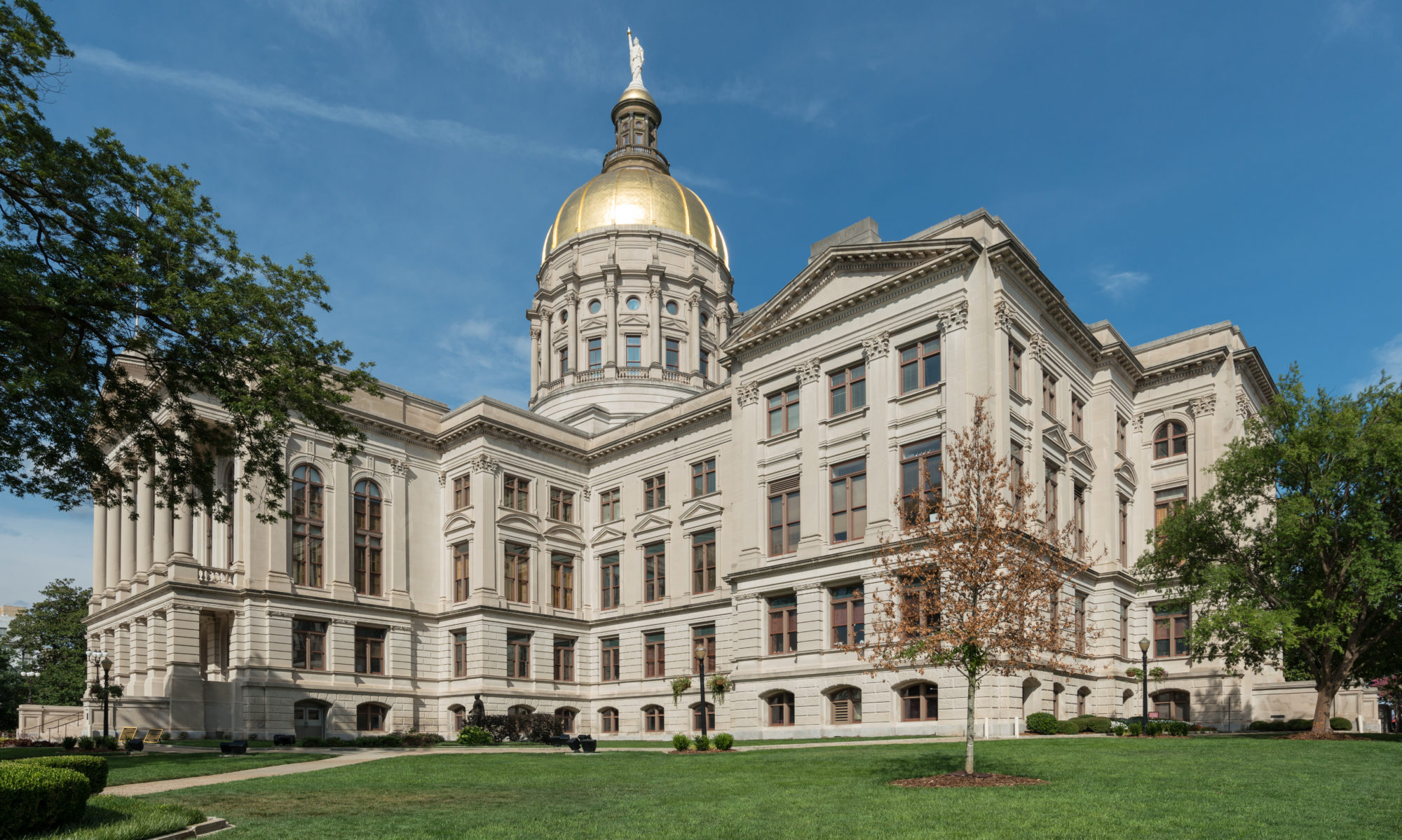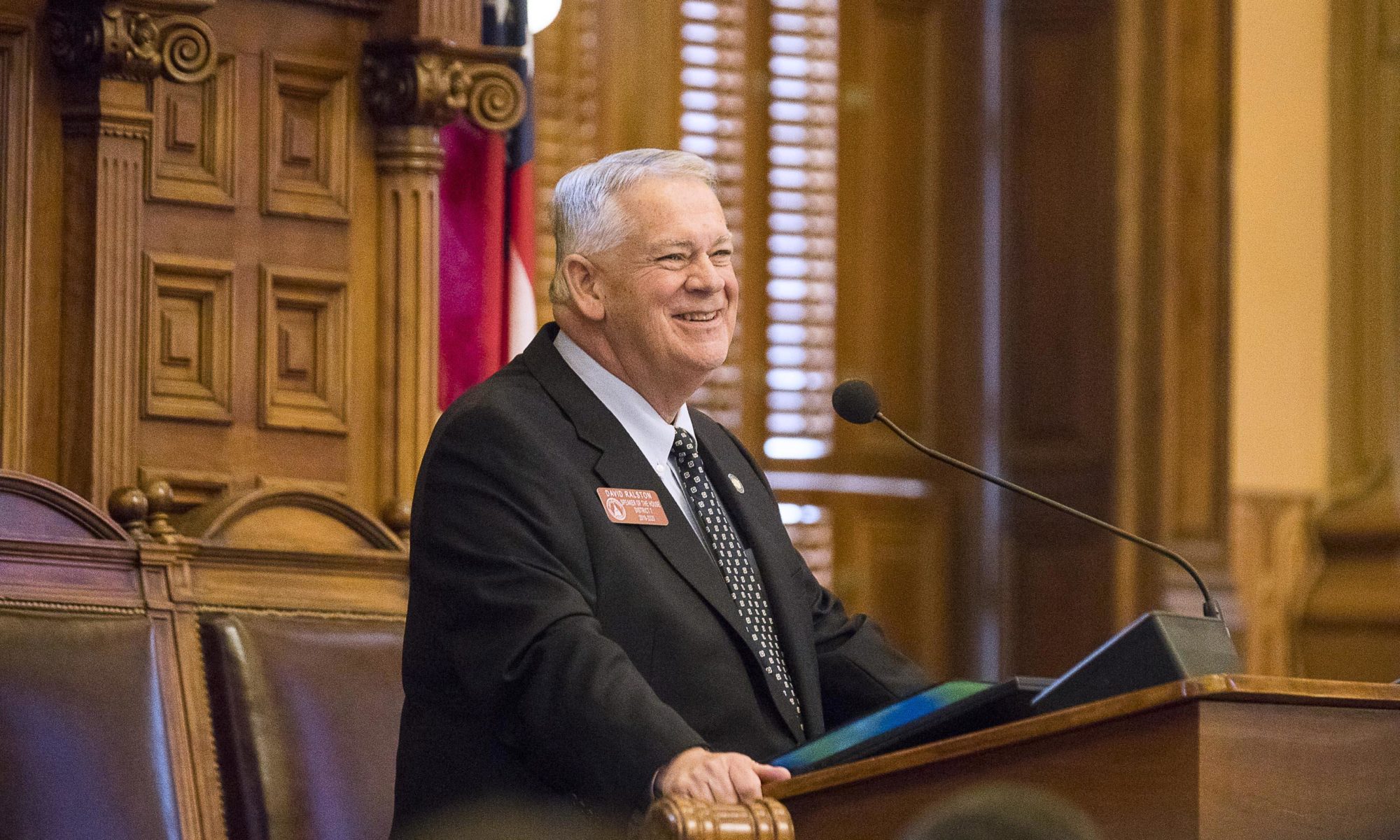By Dave Williams / Bureau Chief – Capitol Beat News Service
ATLANTA – Georgia House Republicans will push for the second installment of a state income tax cut during this year’s legislative session, despite sluggish tax collections that have prompted Gov. Brian Kemp to order spending reductions.
Lawmakers voted two years ago to reduce Georgia’s income tax rate for the first time since the 1930s, from 6% to 5.75%. The 2018 legislation called for another vote in 2020 on cutting the tax rate further to 5.5%.
“The income tax cut was a commitment we made to the people of Georgia,” House Speaker David Ralston, R-Blue Ridge, said Thursday. “I hope we do that.”
Ralston’s determination to follow through with the rest of the promised tax cut sets up a likely debate among majority Republicans during the session that starts next week.
Senate Appropriations Committee Chairman Jack Hill warned this week that 2020 may not be the right time to be making additional tax cuts. Hill, R-Reidsville, pointed to state tax revenues that are running well below projections, a trend likely to create a budget gap the legislature will have to fill.
With tax collections running well below expectations last summer, Kemp ordered state agencies to reduce their spending by 4% during the remainder of the current fiscal year and by 6% during fiscal 2021, which begins July 1.
For their part, minority Democrats have opposed additional tax cuts as irresponsible at a time the state is being forced to cut vital programs and services.
While Ralston supported cutting state income taxes again, he was less enthusiastic over giving Georgia teachers the remaining $2,000 of a $5,000 pay raise the governor promised on the campaign trail in 2018. Lawmakers approved the first $3,000 of the raise last year.
“That was not my campaign promise, even though it’s a laudable goal,” Ralston said.
Given the current money crunch, the speaker said the remainder of the teacher pay raise and other spending priorities lawmakers may want to push in 2020 may have to wait until next year.
On other issues, Ralston said Thursday he supports a constitutional amendment letting Georgians vote on whether to legalize casino gambling, pari-mutuel betting on horse racing and sports betting.
During his annual pre-session news conference, the speaker also endorsed legislation aimed at increasing the availability of public transit in rural communities and opposed a bill the Senate passed last year calling for the state to take over operations at Hartsfield-Jackson Atlanta International Airport from the city of Atlanta.




